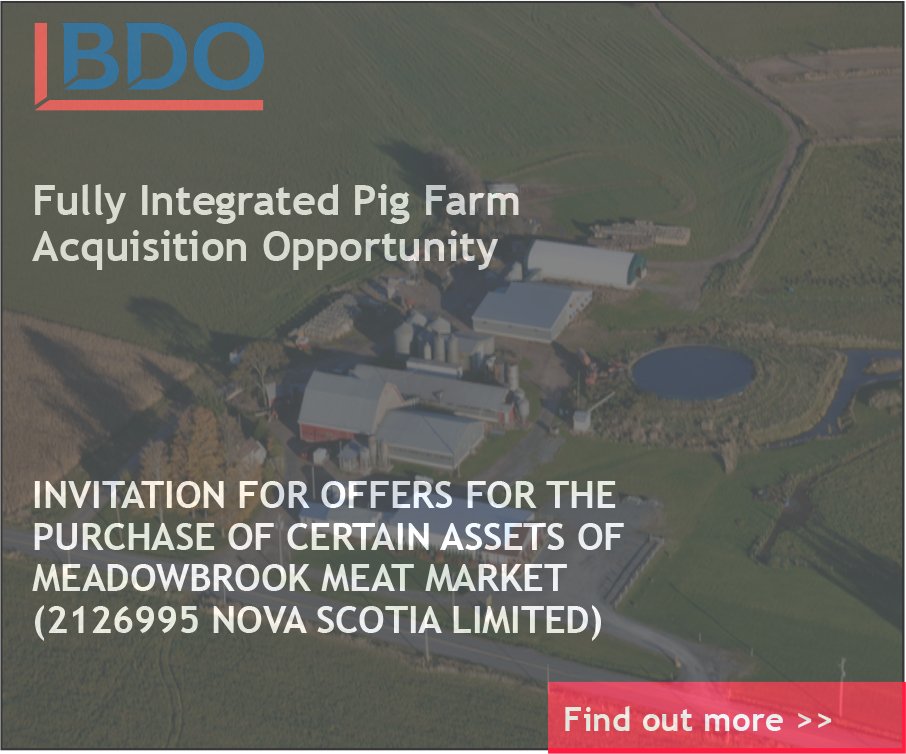Take beef-related social media posts with a big pinch of salt
/by Amy Higgins
There have recently been a few beef-related hoaxes and poorly interpreted data correlations going around social media. I was disappointed to see that they were circulated by people who are actually involved in the beef system and not solely by those involved in anti-agriculture forums.
The first I noticed was a letter that has been circulating in a few different iterations since the early 2000s.
I won’t share the text – to prevent further distribution of nonsense – but I will outline some highlights.
The letter is supposedly written by the vice-president of XL Foods’ Lakeside Packers of Alberta. But JBS Canada bought out XL Lakeside in 2013, so XL Lakeside doesn’t exist today.
The letter references the Alberta Cattle Feeders Association (ACFA) as the original author to apparently give it industry clout. ACFA denies writing any such letter. It has to do this every time this letter resurfaces.
The remainder of the letter is basically calling for a McDonald’s boycott on the grounds that they are primarily sourcing their beef from South America. However, McDonald’s was one of the first major burger chains to source 100 percent Canadian beef and does not use jargon such as “antibiotic-free.” They worked with industry to find a middle ground, which established the “certified sustainable” brand that programs such as Verified Beef Production Plus (VBP+) can feed into.
In true chain letter style, the letter’s author asks you to share it with others.
The letter just happened to resurface again around the same time that McDonald’s informed the Canadian industry that during COVID-19, the fast-food company would have to temporarily import some beef to supplement Canadian beef to keep their supply chains running.
The Cargill plant near High River, Alta., went through a shutdown and reduced operations due to COVID-19 in late April. It’s now back up and running. For those who may not know, Cargill supplies McDonald’s with many of its products. Cargill has an entire business unit dedicated to supplying McDonald’s.
Prior to the pandemic, when you ate a McDonald’s burger, it came from a Canadian Cargill plant. It will be the same once again when plant operations stabilize. The chicken, eggs, French fries, dairy products, and ingredients such as canola oil that McDonald’s uses are Canadian also!
I think it’s particularly interesting that Cargill worked with Bayer and its internal seed division to produce a low-saturated-fat, high-oleic canola seed that gets crushed into a specialty canola oil. Guess which company was one of the first to use this Canadian canola oil in its fryers? The answer is McDonald’s.
I do grant that in the Atlantic provinces, McDonald’s is one company that we don’t have the critical mass to supply. And I think that’s OK. We can’t be all things to everyone. The Atlantic Beef Products plant in Albany, P.E.I., works with local supply chains, as well as local and not-so-local restaurants that are looking for quality. Kudos to the plant and all of its employees, the inspection agents, and the producers for managing, adjusting, and adapting during the pandemic.
Before you repost or share something on social media (agriculture-related or not), put on your critical thinking hat. Determine whether or not it’s coming from a trusted source before clicking. Checking the credibility of the author (if one exists) and doing a quick verification of sources can prevent misinformation from being spread.
On that note, if you want to find the Maritime Beef Council on social media, we’re on Facebook and Twitter @maritime_beef. And we share content from the New Brunswick, Nova Scotia, and P.E.I. cattle producer organizations!
(Amy Higgins is the Maritime Beef Council’s industry coordinator. She raises purebred Angus cattle on the family farm in Quispamsis, N.B., and also operates a veggie box program. She’s president of both the New Brunswick and Maritime Angus associations.)










